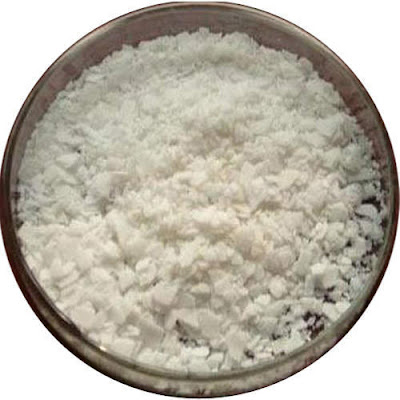Resorcinol; Used To Manufacture Plastics, Resins, Medicine, Tires, and Numerous Other Compounds/Goods
Resorcinol is often used as an antiseptic and disinfectant in topical pharmaceutical products to treat skin infections and disorders, such as eczema, acne, psoriasis, seborrheic dermatitis, corns, warts, and calluses, among others. It works by helping to remove hard, scaly, or roughened skin. Although the risk of serious side effects is low when resorcinol is applied to the skin, side effects can occur if the medicine is absorbed into the bloodstream. Resorcinol is a hazardous chemical and may cause severe irritation to the skin and eyes if exposed.
Resorcinol is a versatile chemical compound that is used in the development of technologies to benefit humans. The compound has major application in the manufacturing of pharmaceuticals, creams with dermatological properties, flame retardants, and agricultural chemicals, among others. Moreover, resorcinol is used in certain personal care products such as acne treatment and hair dyes. However, high concentrations of resorcinol can cause some respiratory problems because the toxicity irritates the central nervous system.
It is also used to manufacture products, such as UV stabilizers, rubber, and wood adhesives, among others. The rubber industry is the largest user of resorcinol. Resorcinol is an essential ingredient used in the tire manufacturing process and other fiber-reinforced rubber mechanical goods. Resorcinol is a critical raw material for reinforced rubber product adhesion systems, including natural/synthetic rubber to steel, polyester, nylon, aramid, and rayon fibers employed in tires and industrial products including belts and hose.
For example, Sumitomo Chemical Co. Ltd. planned to increase the production of resorcinol, a raw material used in automotive tires and other applications. The company planned to boost annual production capacity by 2,000 tons to 12,000 tons at its Oita Works facility in Japan in early 2018. It is an organic compound that finds application in various end-use industries, and thus, there is an increasing demand for resorcinol worldwide. Countries producing resorcinol include the United Kingdom, Germany, Japan, Italy, and the United States, among others.

Comments
Post a Comment